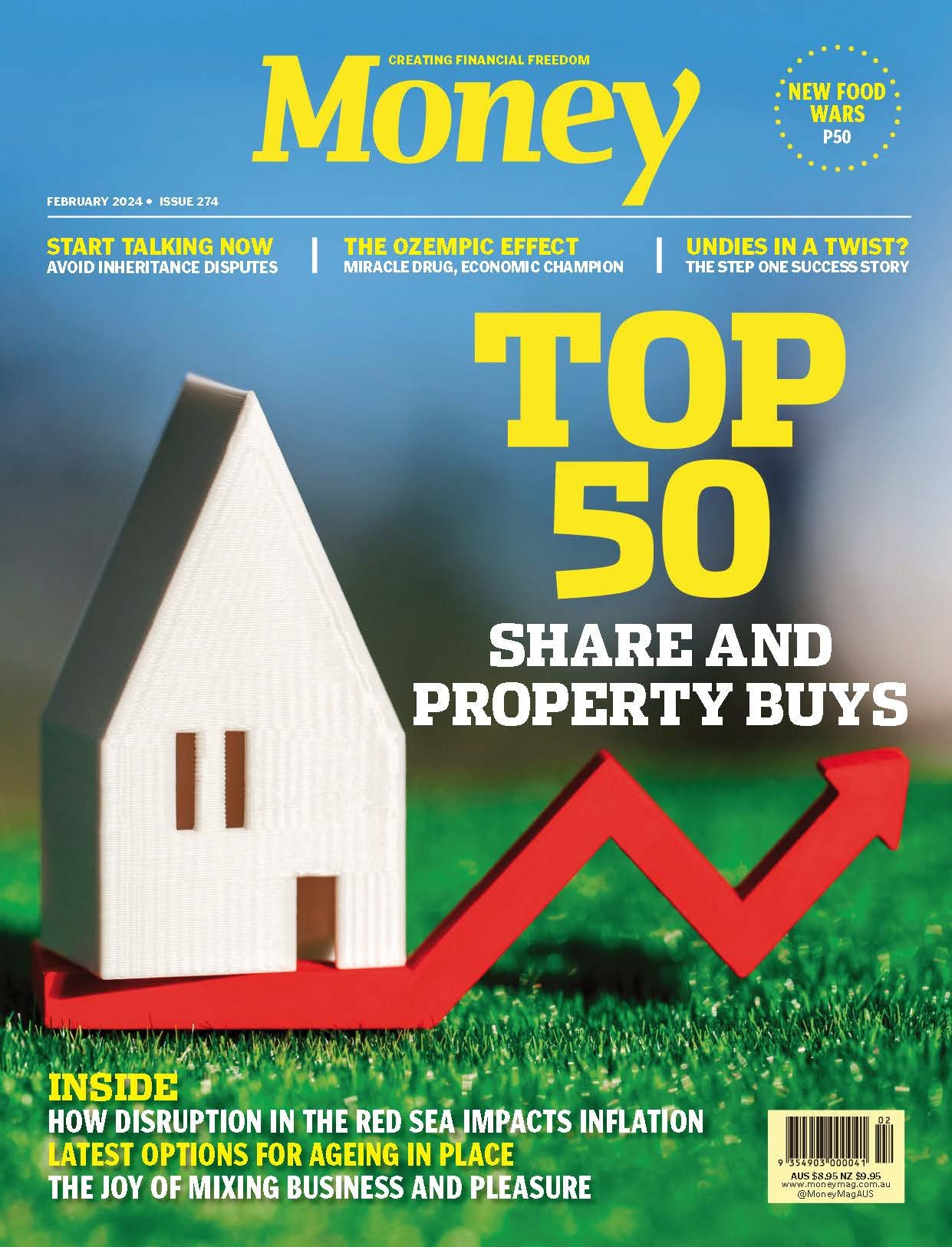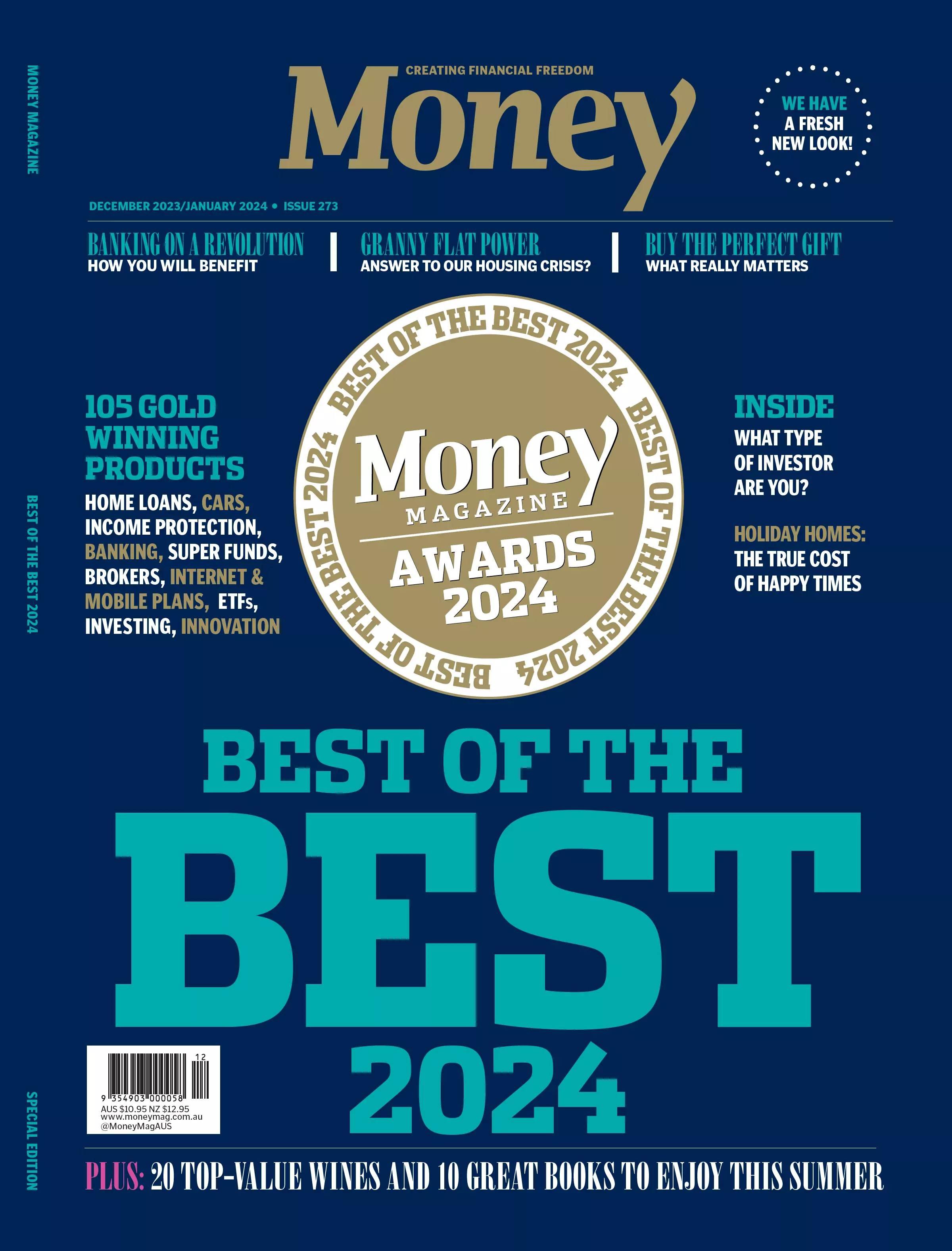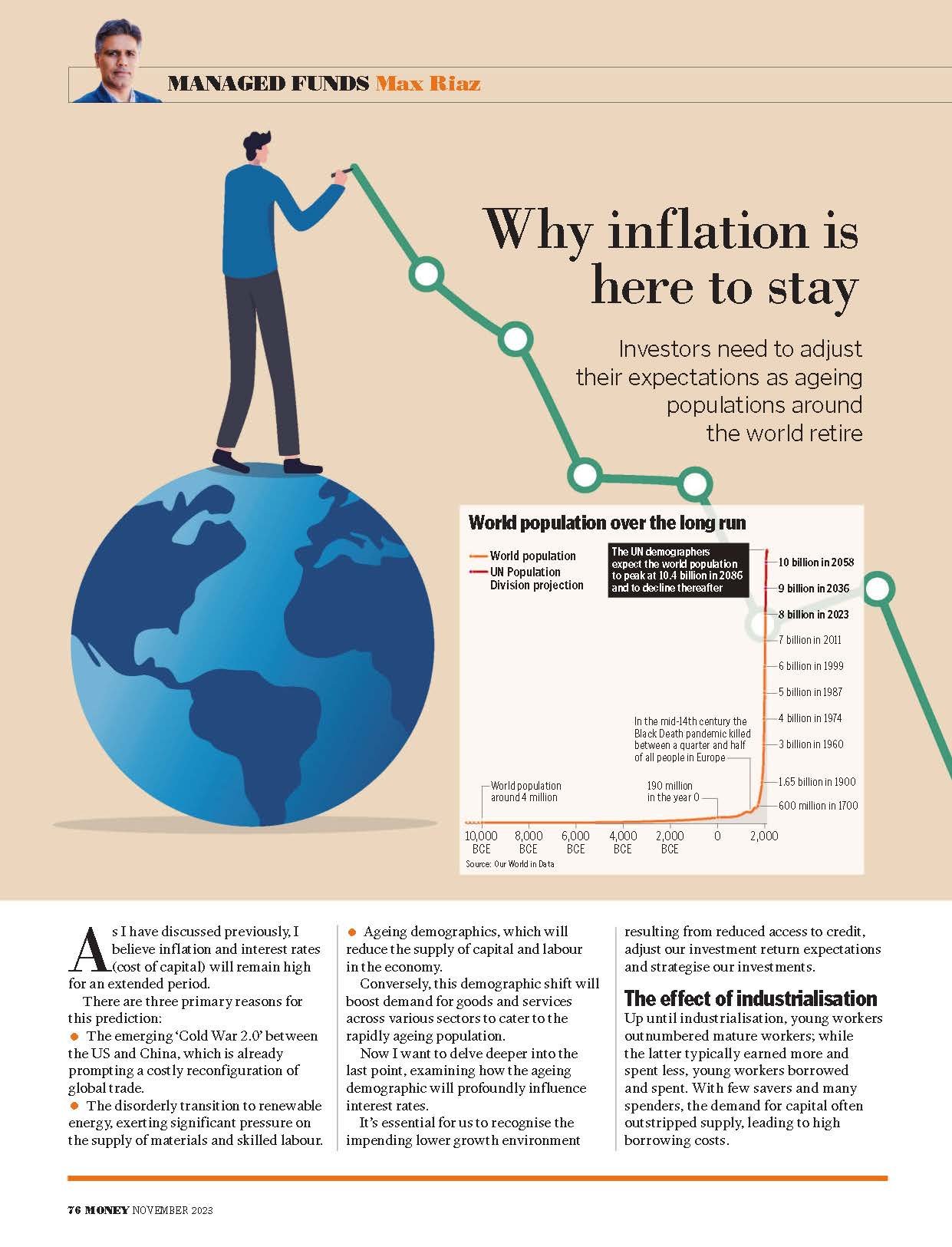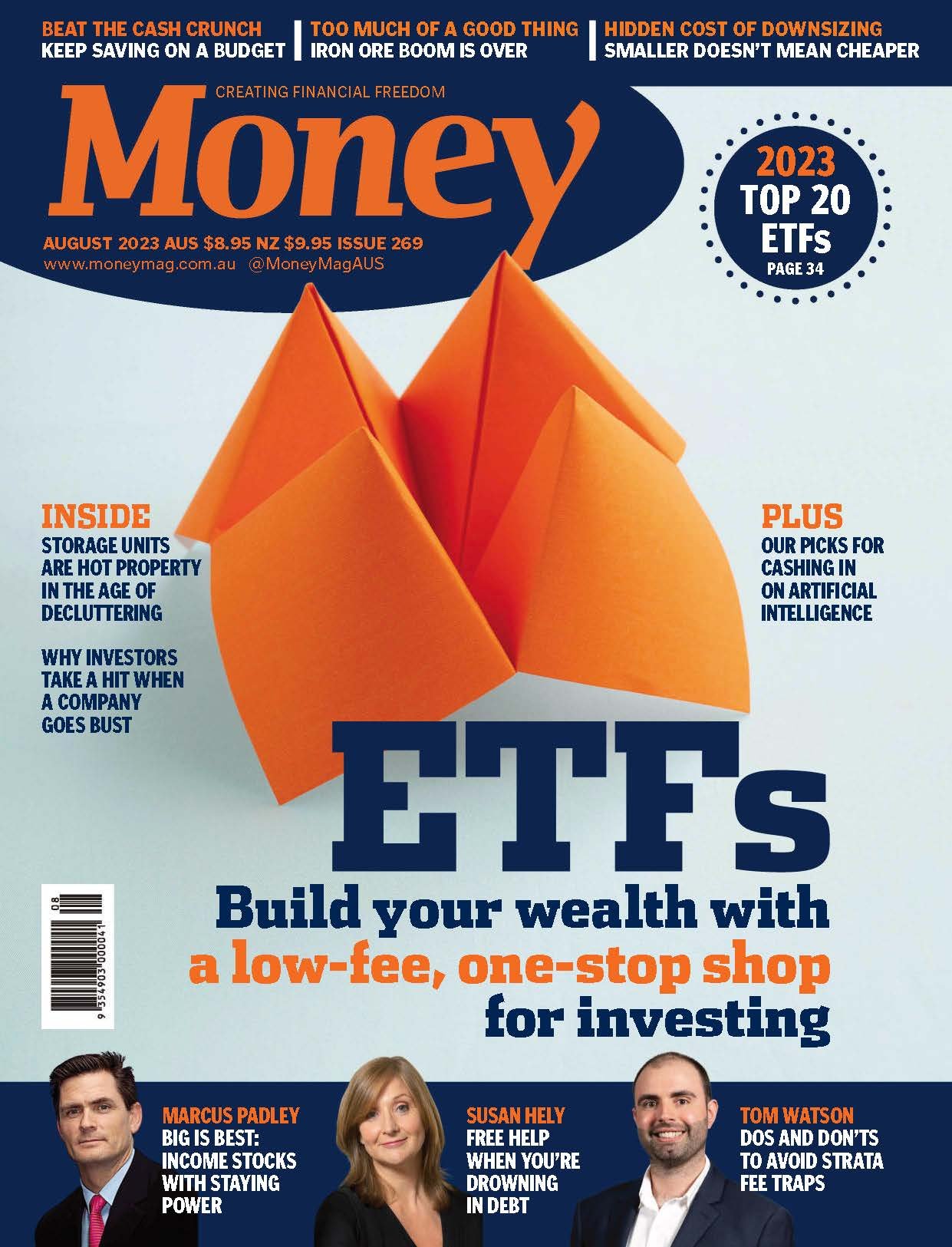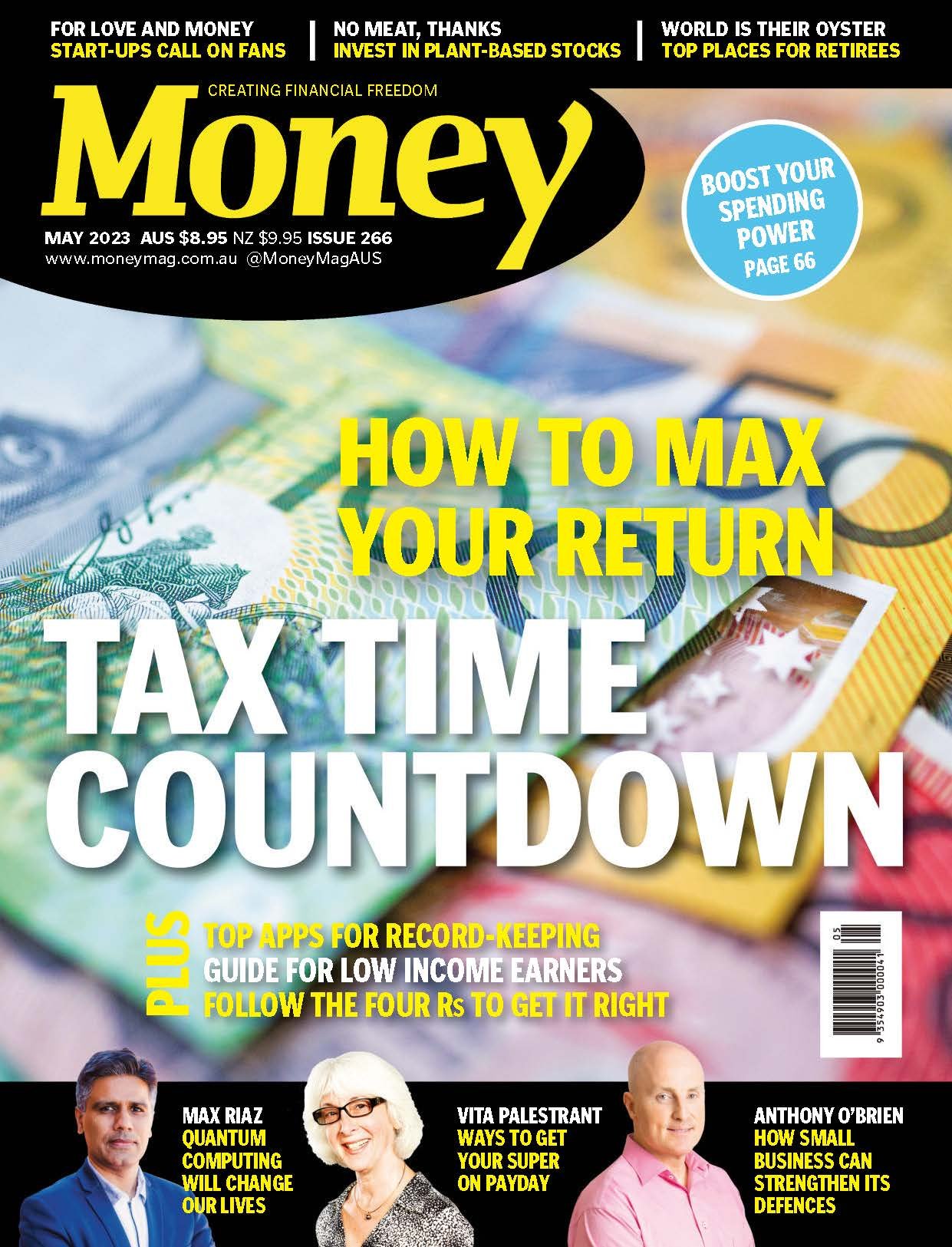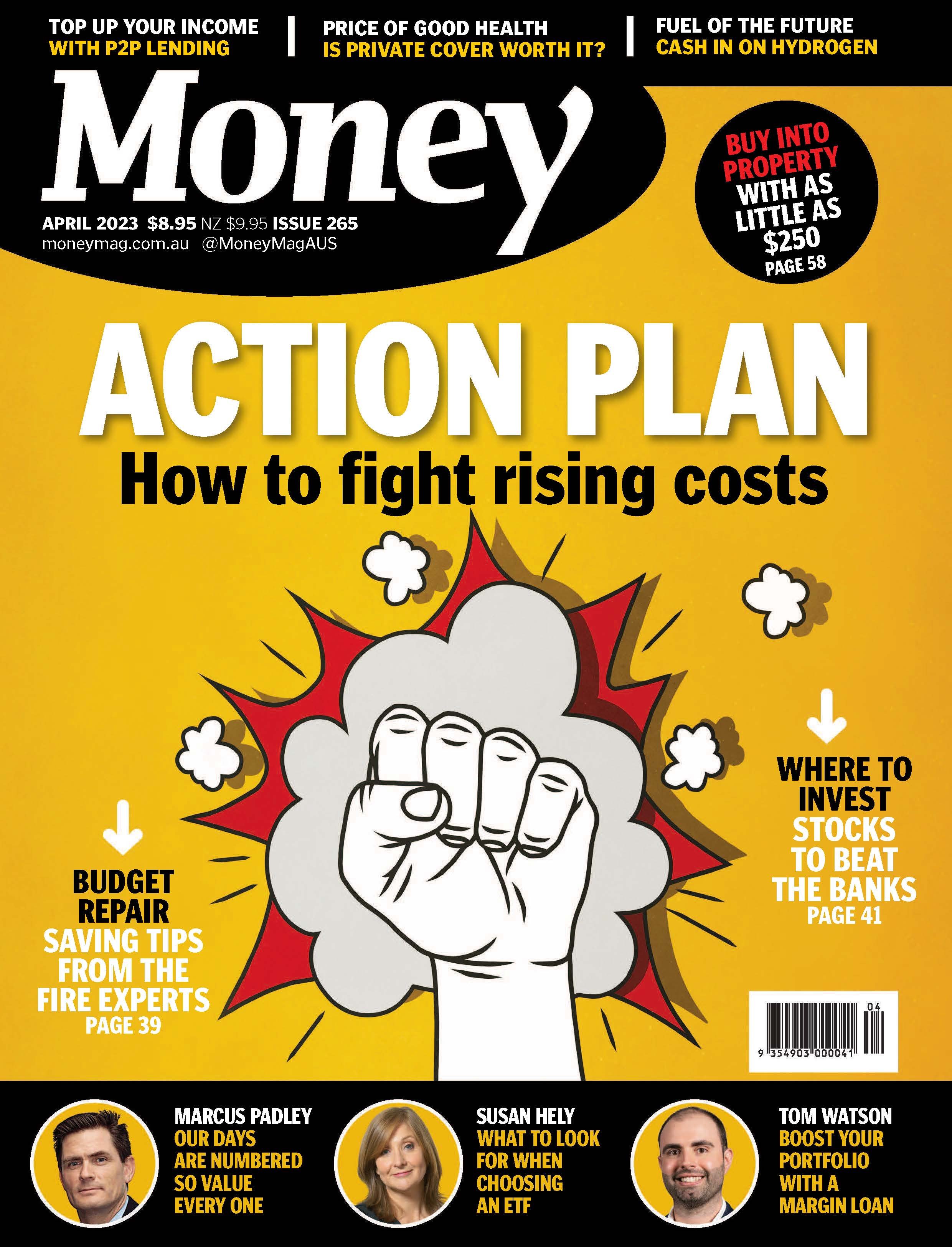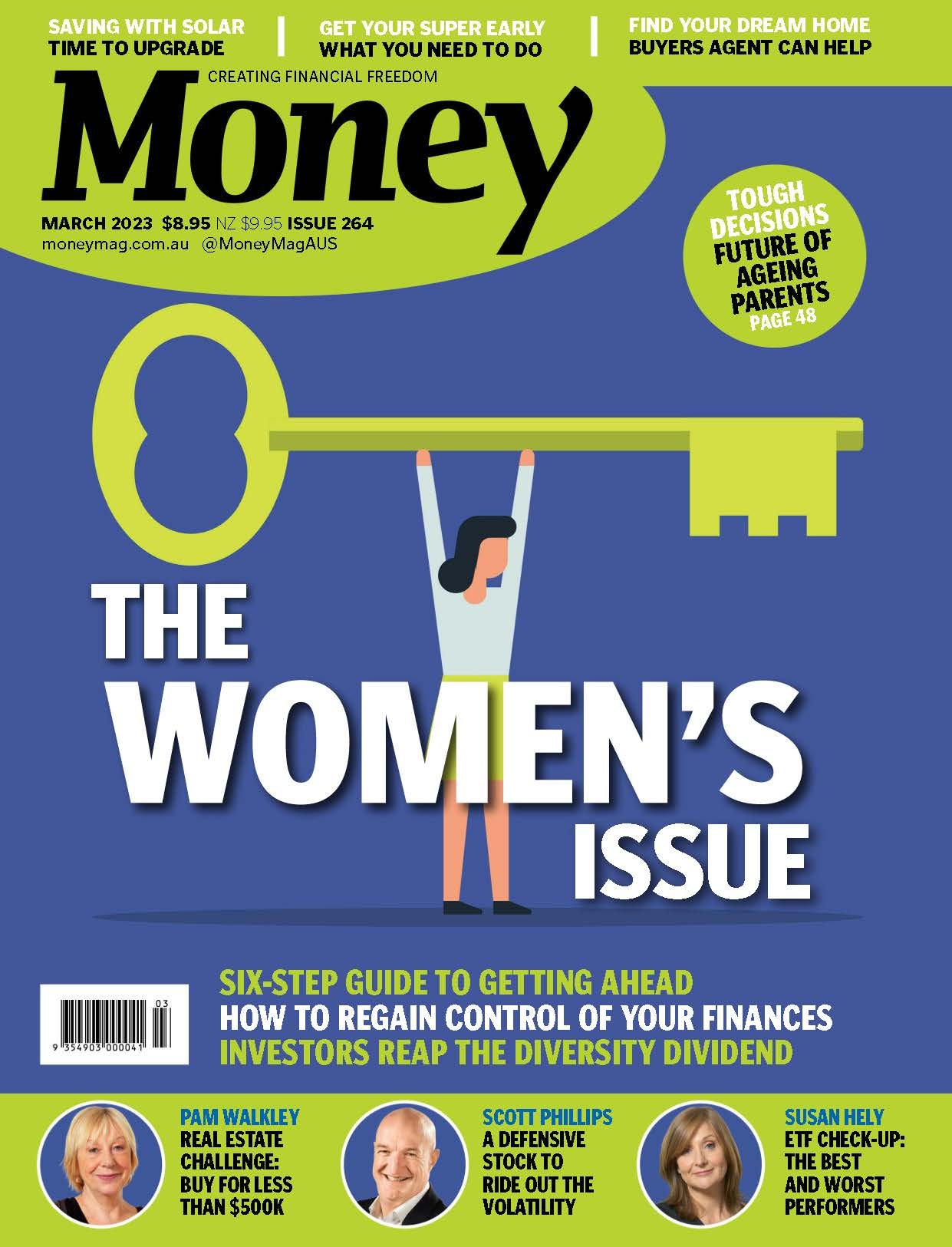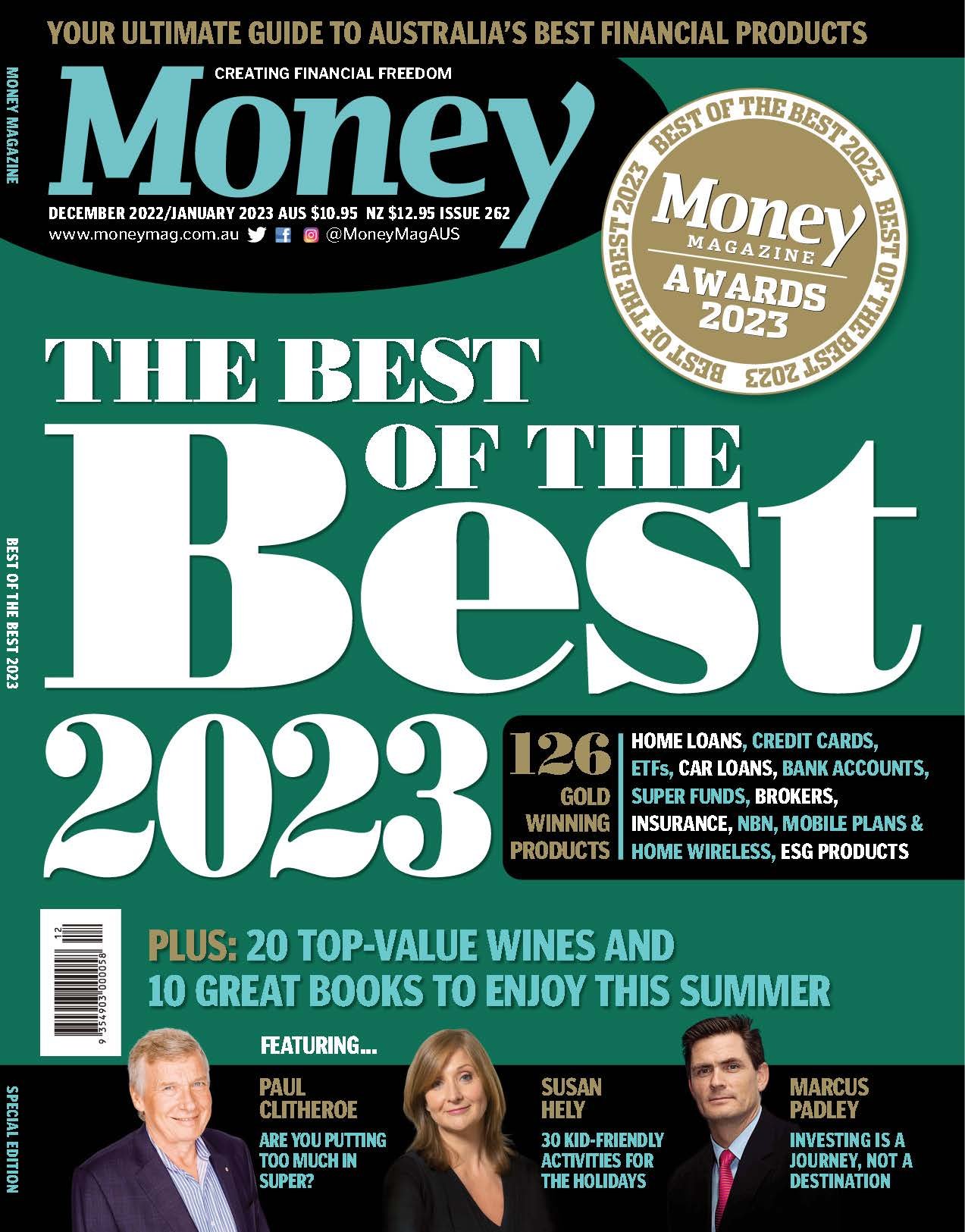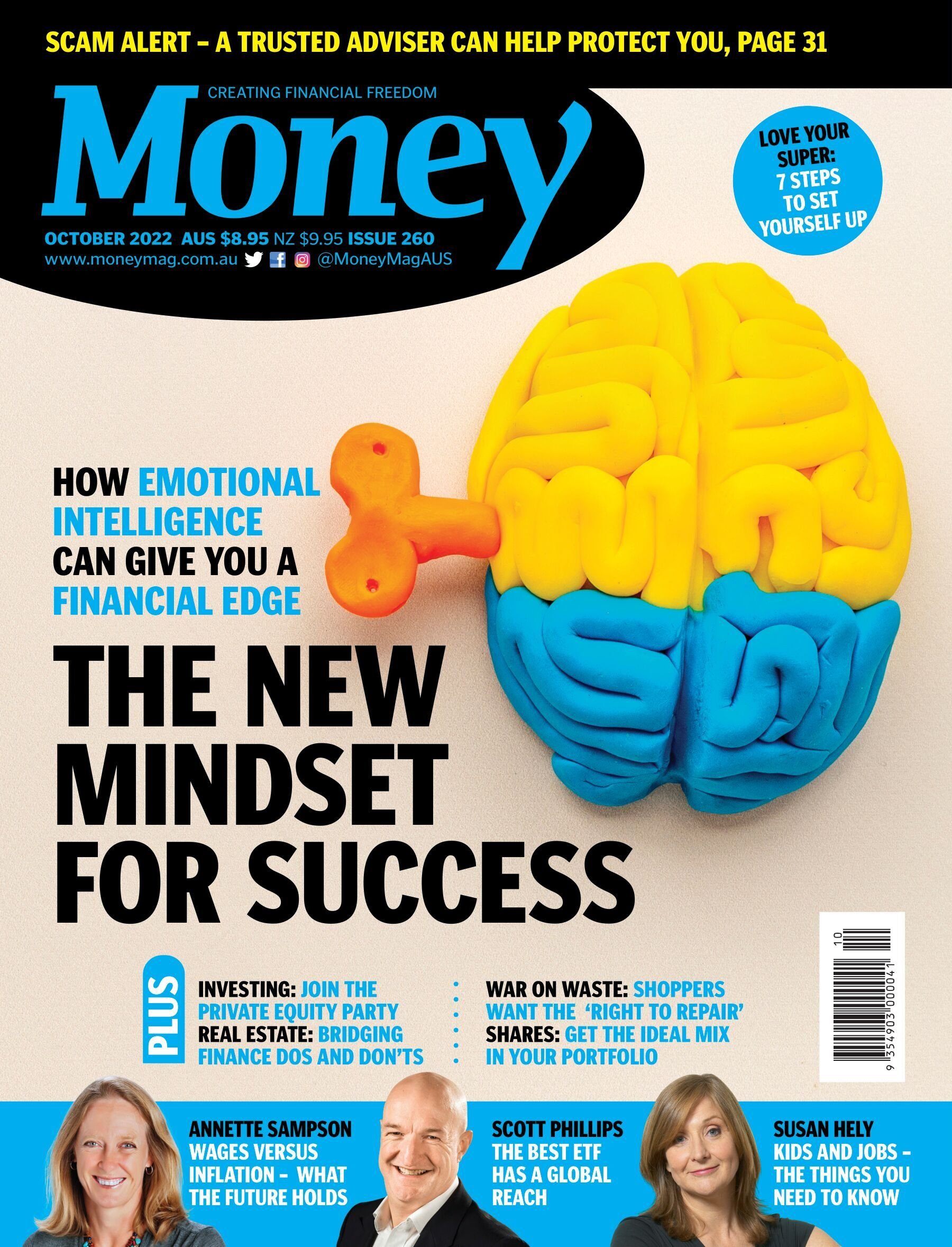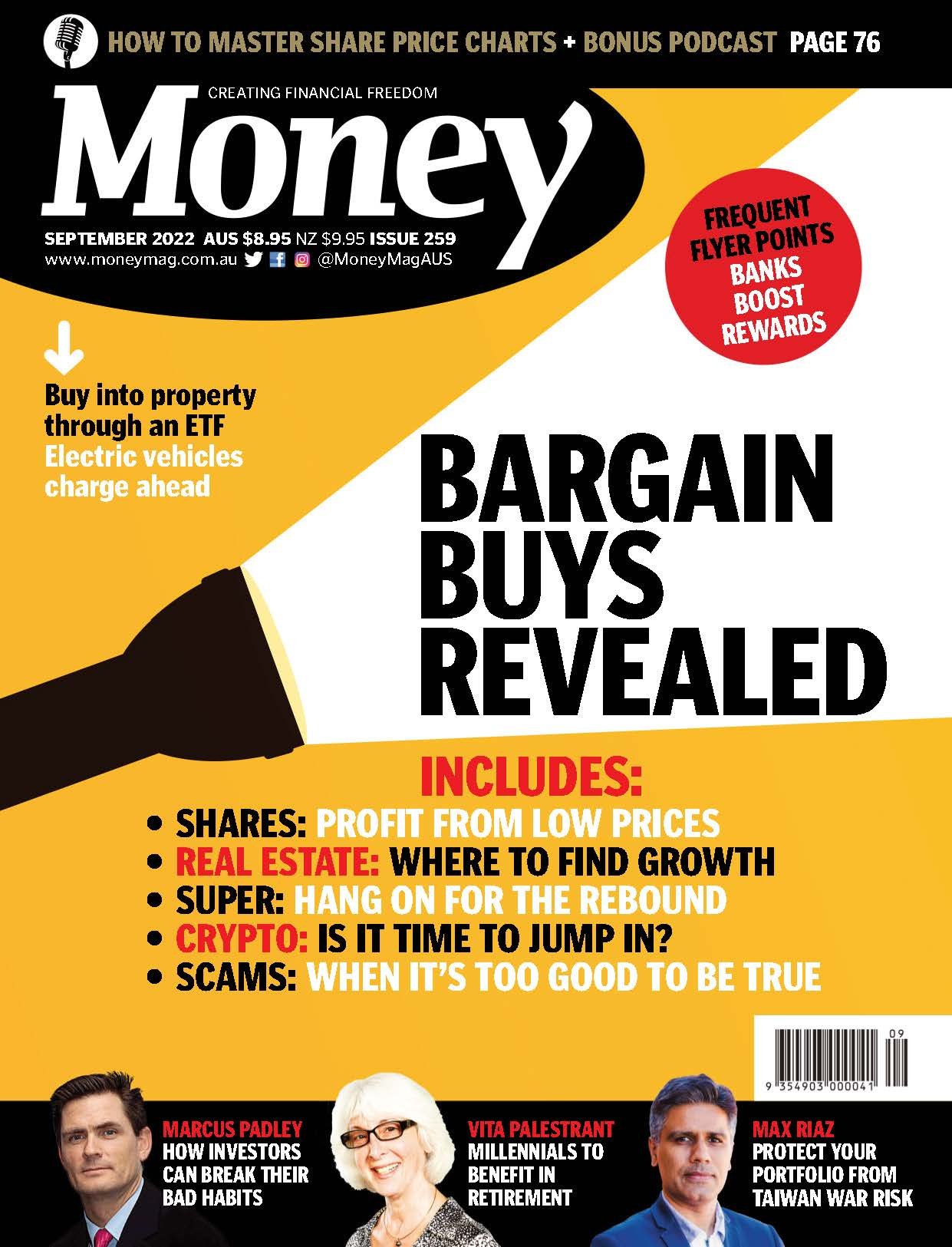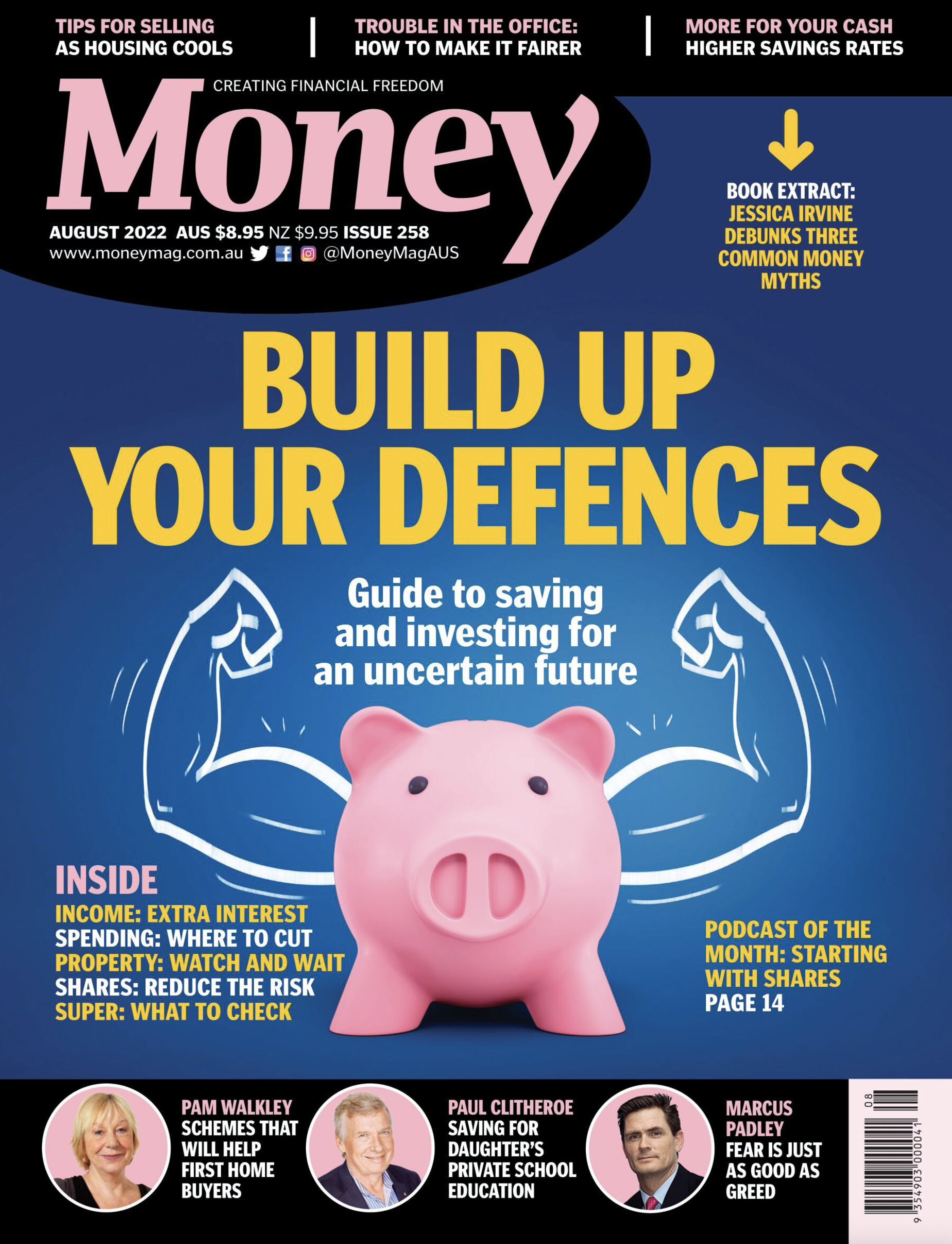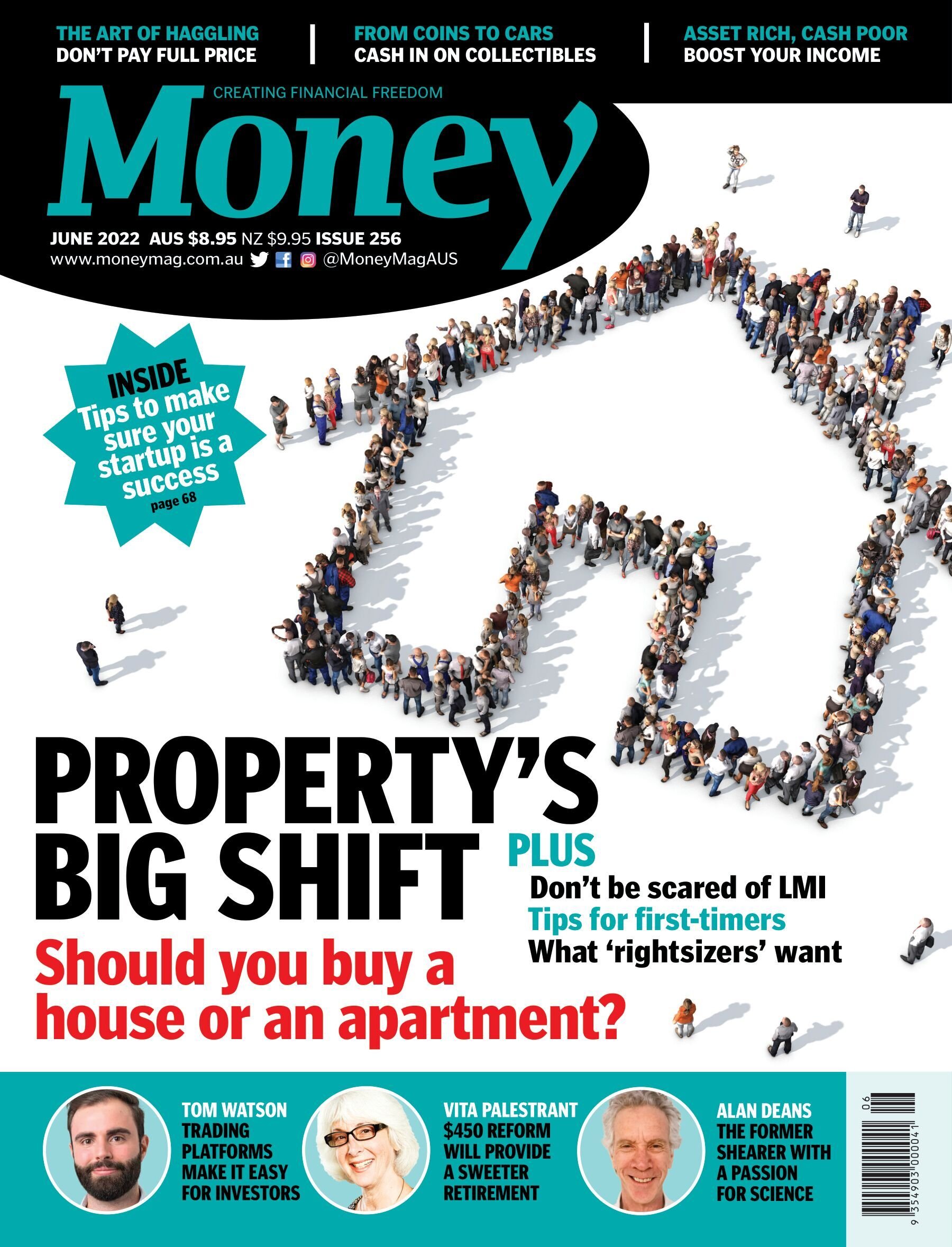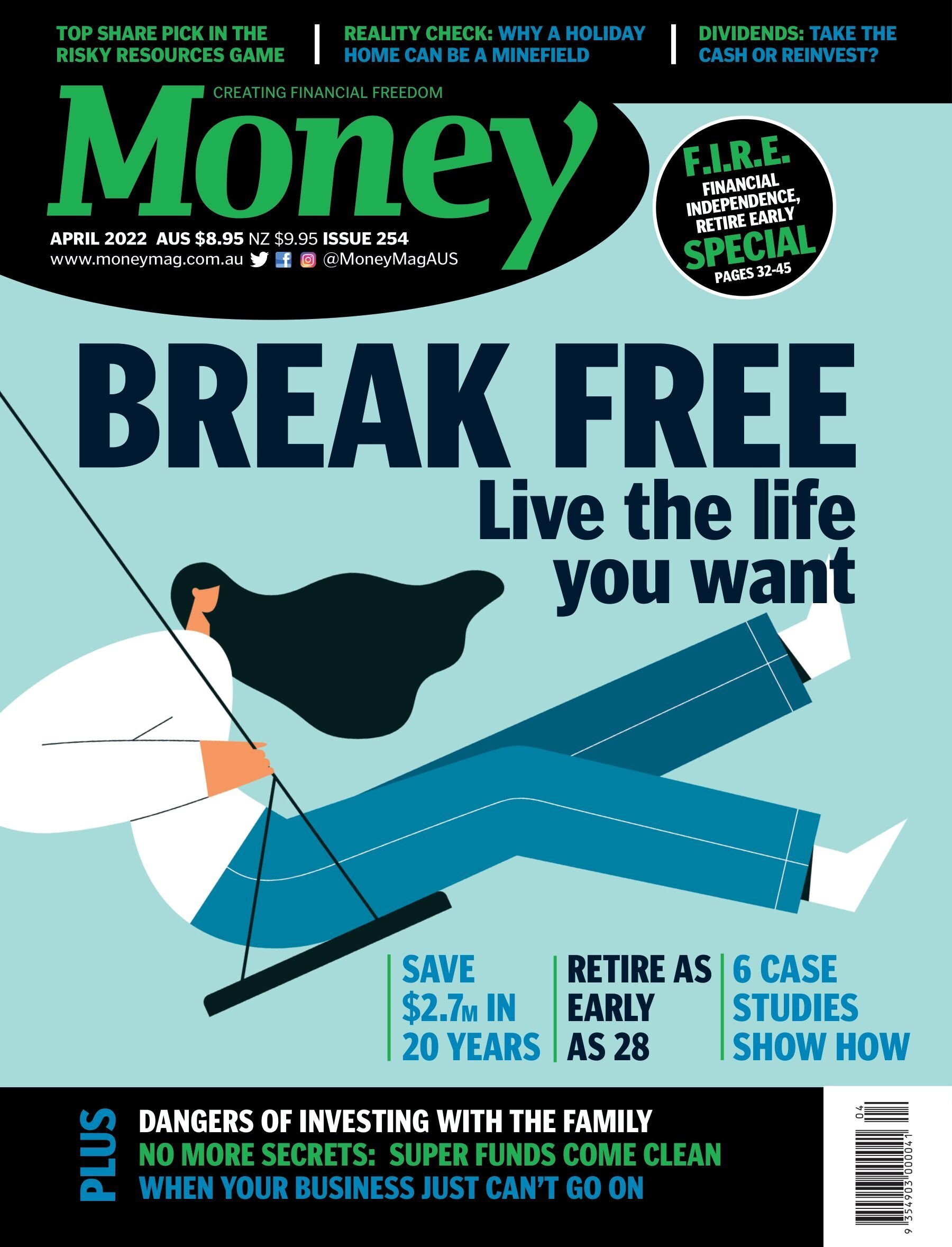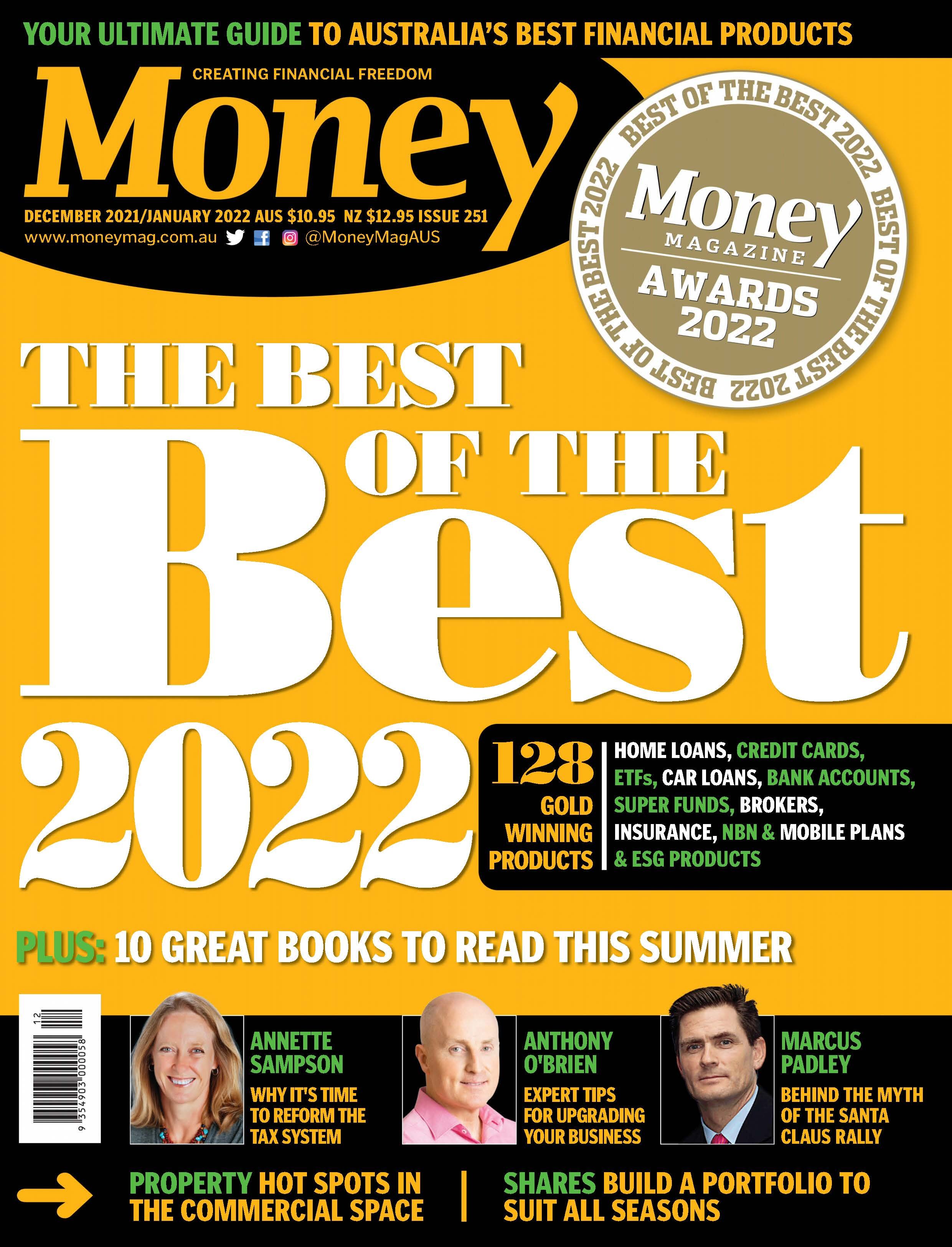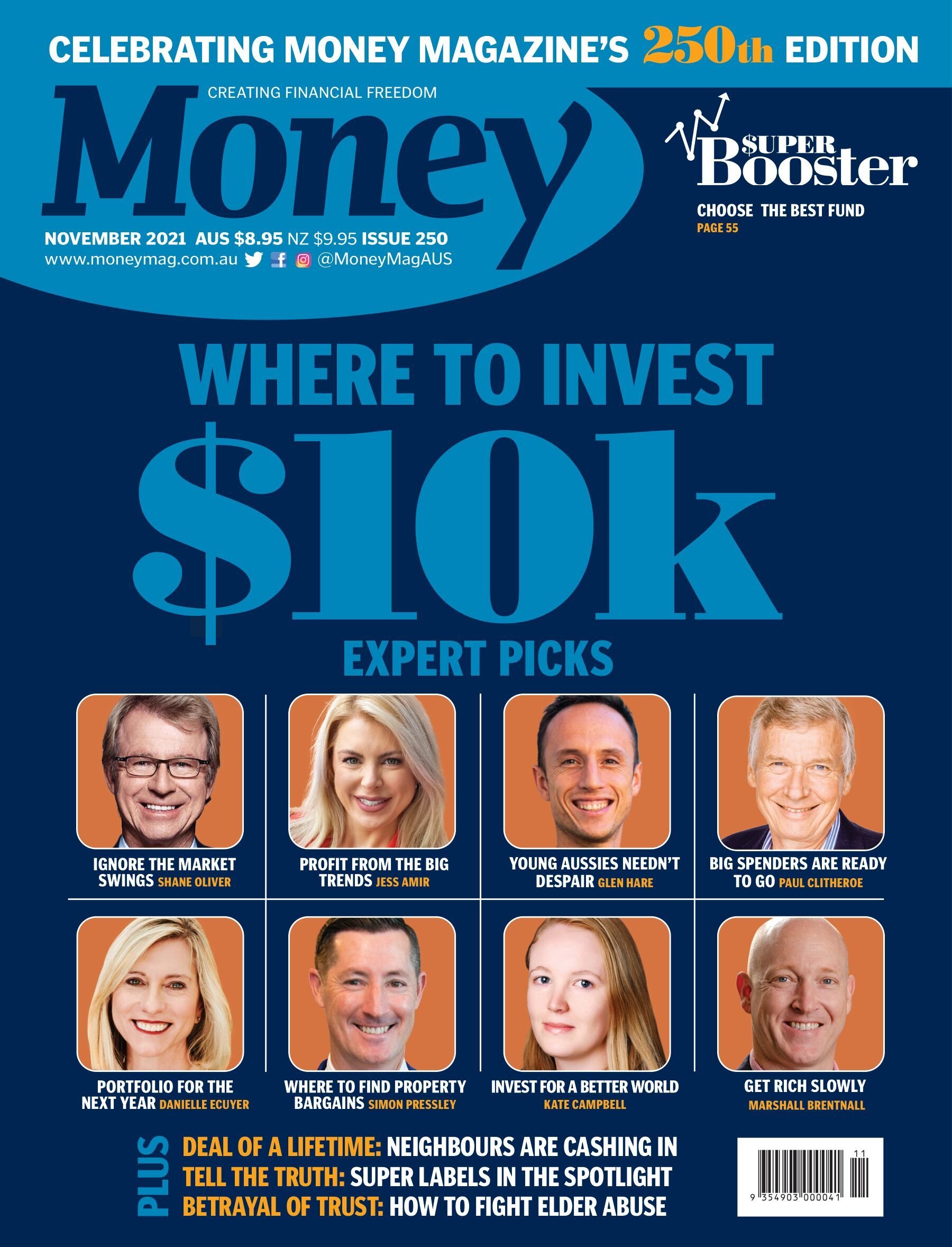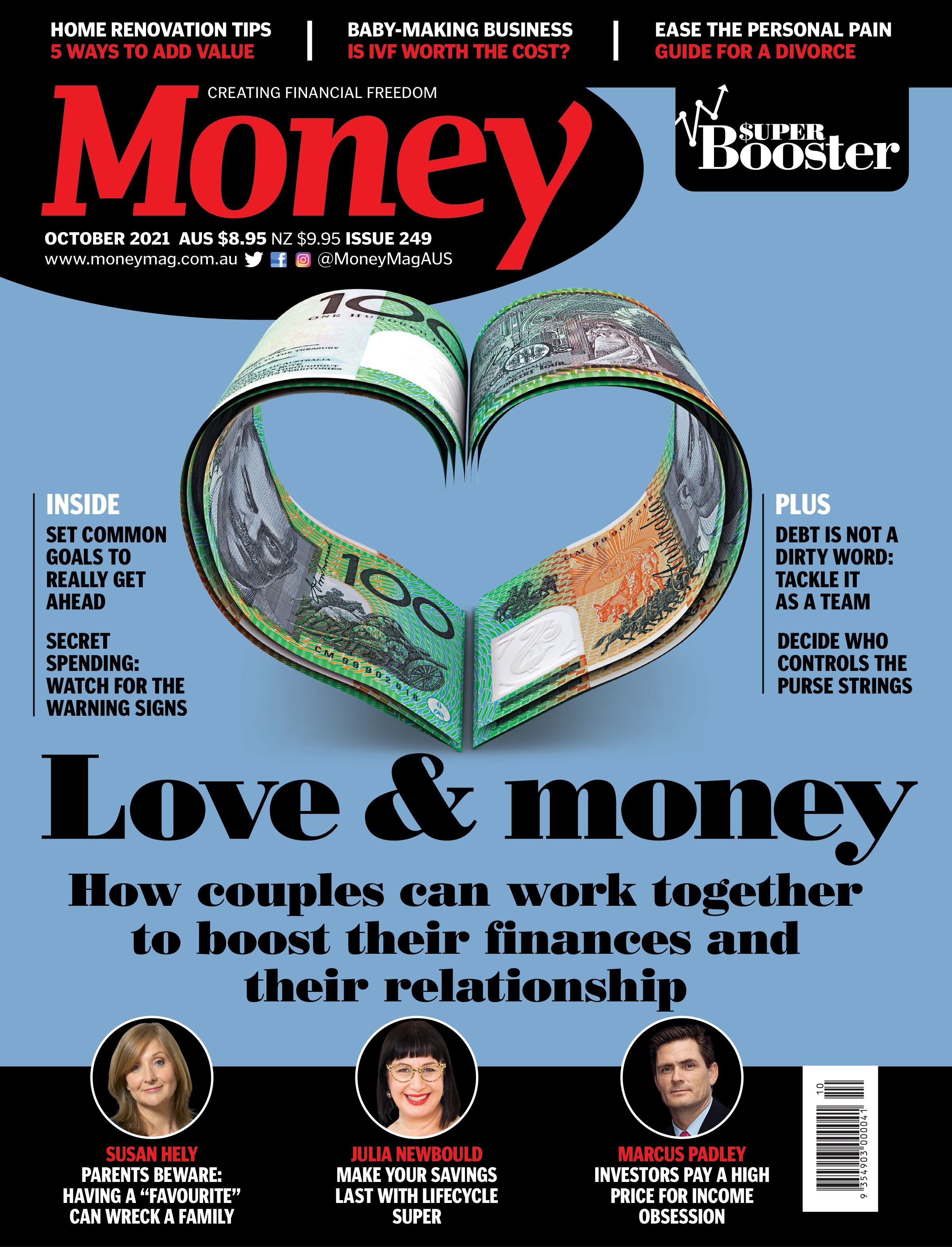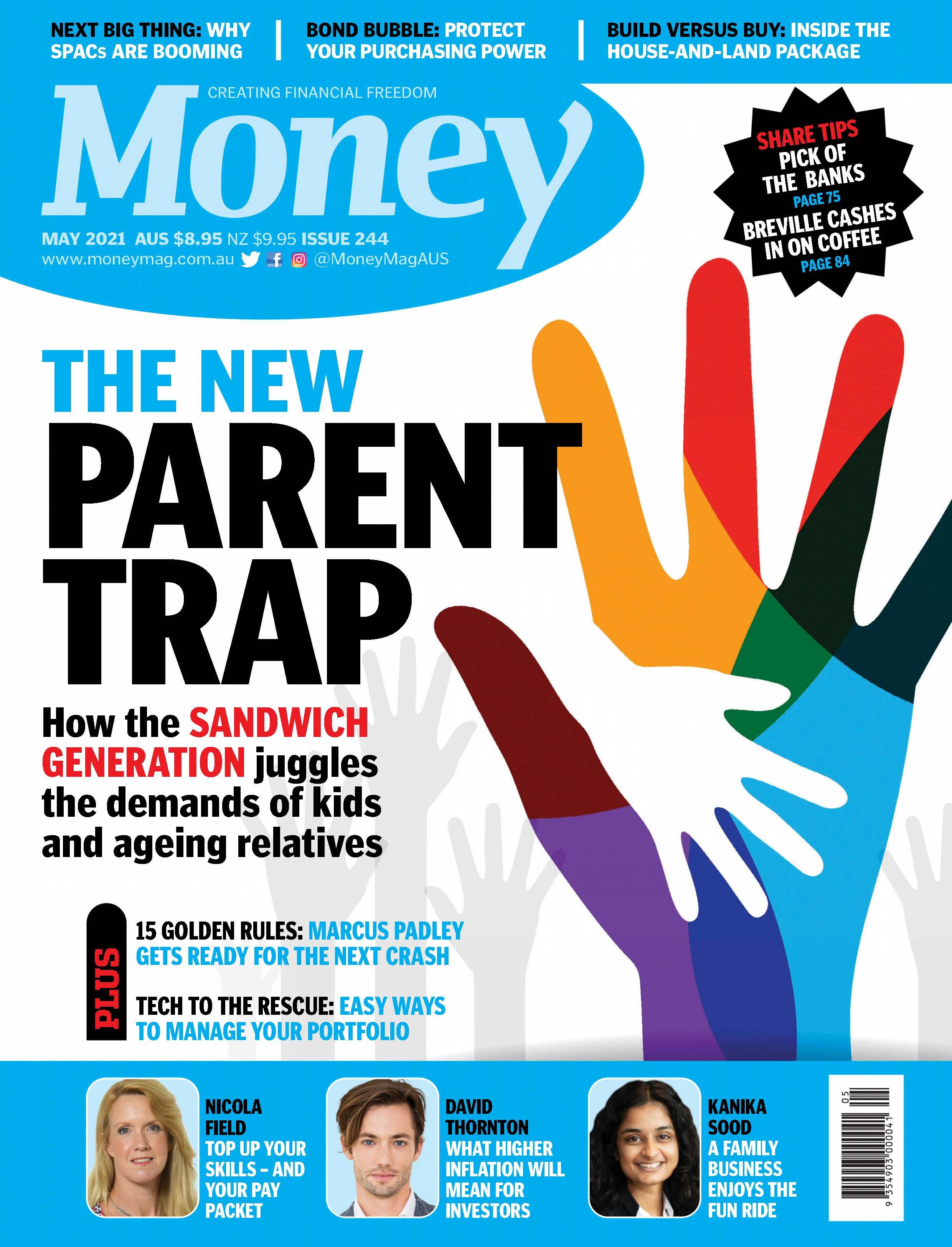Why research is important!
/In this article, we discuss why most managers and investors underperform the indices. There is an old saying to the effect of "you don't earn (or keep) what you haven't worked for" - Investment returns are much the same. There is no getting away from the grind of doing actual research if you want to have a chance at earning sustainable returns that outperform an objective or a benchmark. The majority of investors (including professionals) cheat on the grind-work and copy ideas from the very few that do the research - which itself is conflicted in many cases. No free lunches! Bottom line - do your own work or find a research provider that doesn't have their wheels being greased by everyone else but the actual investor!
Sources of knowledge
Investment research is an endless process of gaining and applying new knowledge for the purpose of sustaining an edge over other investors and thus generating sizeable returns. A question arises that how do you get that edge over most other investors? The simple answer to that is by investing loads of time, effort, and focus that most other investors don’t bother with. Like with most achievements in life, those who are willing to invest mountains of time and effort on an activity are few and far in between and that is what carves the wedge of performance between experts and everyone else.
But some would argue that this belief flies in the face of an often-heard statement that most expert investment managers do not outperform their respective benchmarks. What is often a missed or overlooked fact in this statement is that a great majority of fund managers, all over the world, are subscribers of macro and securities research from a handful of large research houses.
It doesn’t take extension of much logic to infer that if your input is the same than your results should more or less be similar. Of course there are fund managers that have their own full internal research capability which helps them make independent and objective decisions but these are not in the majority. Employing experienced and qualified research analysts is an expensive undertaking and the real benefits from a research team are extracted the longer they have worked together – easier said than done. Those in the minority who conduct their own research with complete independence place themselves in a stronger position to deliver performance on a sustainable basis - assuming they know what they are doing.
To generate excess returns our belief is that you must do your own research (all of it) and think and act independently. Caveat – this does not exclude seeking external views and/or opposing arguments.
Depth of knowledge
Exploring investment research topics to some depth is critical, however, it takes an experienced hand that ensures a perspective is being maintained while depth is being explored. It is a healthy combination of experience, intuition, and facts that should direct the focus of time and effort to do deep dive exploration on research topics. For example, one of the topics we are currently doing a deep dive on is China’s One Belt One Road’s impact on regional economic integration and the knock on effects for industries and companies in greater Asia and the Mid-East. We are also exploring the impact of open banking on the traditional banking sector and how consumers will be served globally for financial products and services in the coming years. Our research team is exploring a number of major multi-year investment themes which we believe will set the tone for a number of industries and will greatly influence investment returns over the coming years and decades.
Clarity of knowledge
The purpose of investment research is to gain knowledge that can be used to make investment decisions. The quality of knowledge therefore determines the quality of decisions being made. Most often in investment markets professionals and non-professionals alike tend to make investment decisions based on commonly held beliefs and dogmas. Such as value versus growth stocks, efficient market theory, growth is equivalent to higher risk etc.
What these beliefs do is assist the decision makers to make faster decisions and do less and less research once they have labelled a stock or a market according to a belief. They rely on the labels to quickly assume a range of things about an investment and make decisions. This method of research and decision making can be effective to a point until some overwhelmingly contradictory set of conditions cause a total break-down of the belief and the investment behaves in contrast to its label.
This kind of knowledge is based on the method of tenacity where frequent repetitions of beliefs enhance their validity and plays on a human desire for cognitive consistency and to avoid cognitive dissonance. It is important for investment researchers to not get caught up in this kind of knowledge and use it as a basis for investment selection.
There is another type of knowledge which unfortunately majority of investors get taken in by and that is the knowledge gained by method of authority. It happens when investors follow certain authoritative sources to short cut the need to do their own work and analysis. By taking this short cut investors are opening themselves to external influence and biases.
Always ask yourself why is someone sharing a stock research or idea with you? There is no short cut to proper research. Committed investors who want to stick around for the long haul know that they have to invest the time and effort to either do their own research or rely on a source that they are absolutely sure of doing their research professionally, ethically, and independently.
There is, however, room for an average investor to benefit from the intuition of experienced expert investors who have been around a long time and seen various market cycles to make inferences and logic for future outcomes without necessarily having the benefit of empirical evidence.
Intuition is something that cannot be modelled mathematically, for example knowing what would be a more realistic growth factor in next year’s earnings can be based on intuition rather than basing on the extrapolation of an average of the past few years. Having intuition of Management’s ability and company’s culture and its strategic plan can also be critical knowledge for making investment decisions.
Finally, and in equal measure to intuition is the scientific method of seeking the true knowledge and problem solving based on facts and numbers.
In investment research, for example, this methodology may involve attaching weights to variables used for filtering stocks, or crunching the numbers on the balance sheet, P&L, and cash flow statements to get a sense of ratios and relativities regarding profit, liquidity and financial performance. This type of knowledge is heavily relied upon by expert investors to truly understand the financial performance of a business, find out what areas of the business are stronger and/or weaker, and the bottom line for shareholders.
Furthermore, expert investors are able to combine the financial method of analysis with intuition to build forecast models of financial statements and utilise various methods of valuation analysis to determine whether or not to invest in a company.
Trust & confidence
To this point we have talked about the importance of knowing where to source research advice from and how knowledge is developed for investment decisions. The third piece is that of having trust and confidence in the investment research process because ultimately you want to be able to use the research to make investment decisions. Trust and confidence are developed by getting clarity on the aforementioned points discussed in this article and getting comfortable with the Investment research process followed by your internal research team or whoever your external research provider is. While the performance track record of an investment research process is important, it is equally important to understand how research is conducted and what are the sources of competitive advantage as compared to other investors in the market.
Action
Finally, it is important to remind yourself every time you get the urges to make hasty and expedient investment decisions that knowledge is power and you improve your likelihood of outperforming the market by actually taking the time out to focus, invest time and effort into each investment decision with objectivity and independence. Ensure that you have an auditable process for doing this so you are always able to go back and justify your process and rationale for making an investment!!
Happy Returns !!


